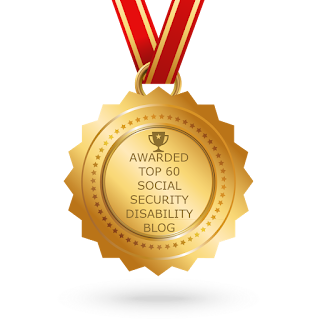I NEED HELP WHILE WAITING FOR DISABILITY
"I need help. I've filed for Social Security disability months ago. How can I survive until my case gets settled?" This is a good question. If you are disabled, not working and have little or no income--survival is the question. It may take months or years for Social Security to decide your case. What can you do. Here are some sources of help you may want to consider: FOOD STAMPS : Contact your county's Department of Human Resources. In Madison County, it's located at 2206 Oakwood Avenue NW. Phone (256) 427-6000. Website: http://dhr.alabama.gov/counties/county_results.aspx?id=Madison MORTGAGE PAYMENTS : Contact "Hardest Hit Alabama" at www.hardesthitalabama.com or call 1-877-497-8182. LOW COST MEDICAL CARE (DOCTORS) : Click on the link below for a list of low cost clinics near you. http://www.needymeds.org/free_clinics.taf?_function=list&state=al UTILITY BILLS OR OTHER NEEDS: ...

